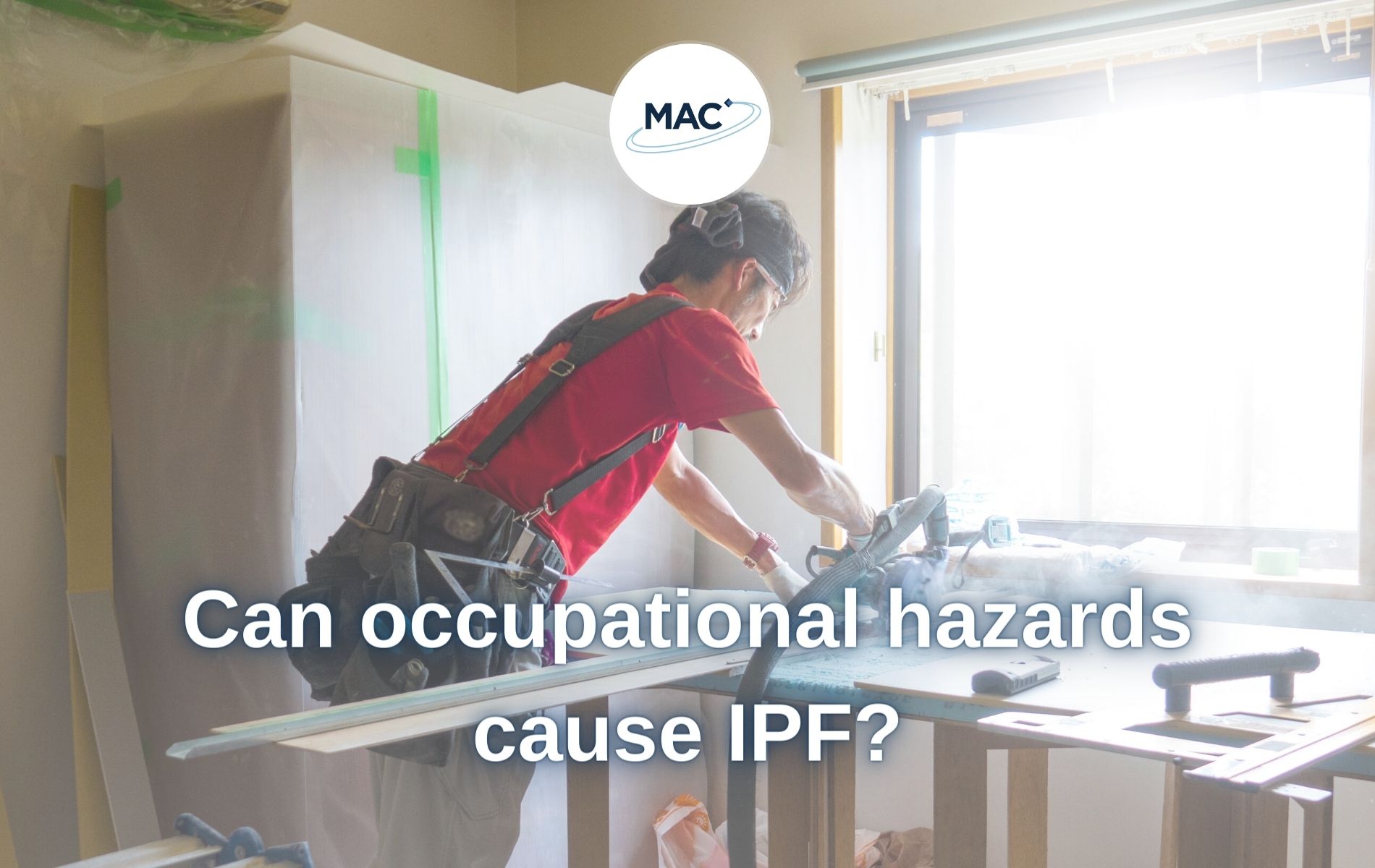With many jobs that can bring risks to our health and safety, there can be long term effects that can turn into health conditions.
Idiopathic pulmonary fibrosis (IPF) is a type of chronic lung disease that causes scarring of the lungs, leading to difficulty breathing and decreased lung function. While the exact cause of IPF is unknown, exposure to certain environmental and occupational hazards has been linked to an increased risk of developing the disease. Here are some occupations that could lead to idiopathic pulmonary fibrosis:
- Construction Work – Construction workers are at an increased risk of developing IPF due to exposure to airborne dust and chemicals, such as silica, asbestos, and welding fumes.
- Farming – Farmers are also at an increased risk of developing IPF due to exposure to dust, chemicals, and organic materials like mould, which can cause lung damage over time. Farmers can also develop similar lung conditions such as Farmer’s Lung which is caused by exposure to mouldy hay or straw.
- Hairdressing – Some evidence has shown that prolonged exposure to hairsprays and hair dyes can increase the risk of IPF.
- Mechanics – For mechanics who work with heavy machinery, such as diesel engines and hydraulic systems, they are also at an increased risk of developing IPF due to exposure to metal dust, diesel exhaust, and other hazardous chemicals.
- Textile Work – When working regularly with cotton, flax, or other natural fibres, textile workers are at an increased risk of developing IPF due to exposure to airborne particles that can damage the lungs.
- Firefighters – Those who work in the fire brigade service are at an increased risk of developing IPF due to exposure to smoke, soot, and other chemicals that can damage the lungs over time.
- Bakery / confectionary – Airbourne dust found in flour and other grain products can lead to lung damage thus increasing bakers’ risk of developing IPF.
- Mining – Miners who have worked in underground mines or open-pit mines are at an increased risk of developing IPF due to exposure to dust and other hazardous chemicals.
It is important for individuals in these fields to take precautions, such as wearing protective masks and reducing exposure to harmful substances, to minimize their risk of developing IPF.
For those who have developed IPF, treatment is essential. According to Asthma and Lung UK, without treatment, half of those living with IPF will sadly pass away within three years of diagnosis. Treatments currently prescribed for IPF includes medicines, such as pirfenidone and nintedanib, using an oxygen mask and, in some cases, a lung transplant. There is, however, no cure for IPF, and more research into the condition and treatment options are desperately needed.
MAC Clinical Research is looking for people living with IPF who’s persistent cough hasn’t responded to treatment to join the latest clinical research, to test a new investigational once a day tablet for the treatment of cough associated with IPF. If you are at least 40 years of age and have a persistent cough caused by IPF, MAC Clinical Research would like to hear from you.
If eligible, you can receive £610 plus reasonable travel expenses.
The study is running at our clinics in Greater Manchester, West Yorkshire (Leeds), South Yorkshire, and Merseyside (Liverpool). To find out more and register your interest, you can visit our IPF Research study web page.








